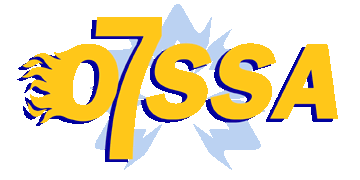
Location
University of Windsor
Document Type
Paper
Start Date
6-6-2007 9:00 AM
End Date
9-6-2007 5:00 PM
Abstract
We know how people could reason well to resolve disputes. We don’t yet know why they don’t. Which theories we have applied to bridge that gap have had a profound influence on which practices we employ to resolve disputes. Dispute resolution ideally aims to promote good reasoning and good relationships. Is it possible to align theory more closely with practice to achieve both goals?
Creative Commons License

This work is licensed under a Creative Commons Attribution 4.0 International License.
Response to Submission
Jan Sobocan, Commentary on Kloster
Reader's Reactions
Jan Sobocan, Commentary on Kloster (June 2007)
Included in
Reasoning in Dispute Resolution Practices: The Hidden Dimensions
University of Windsor
We know how people could reason well to resolve disputes. We don’t yet know why they don’t. Which theories we have applied to bridge that gap have had a profound influence on which practices we employ to resolve disputes. Dispute resolution ideally aims to promote good reasoning and good relationships. Is it possible to align theory more closely with practice to achieve both goals?
